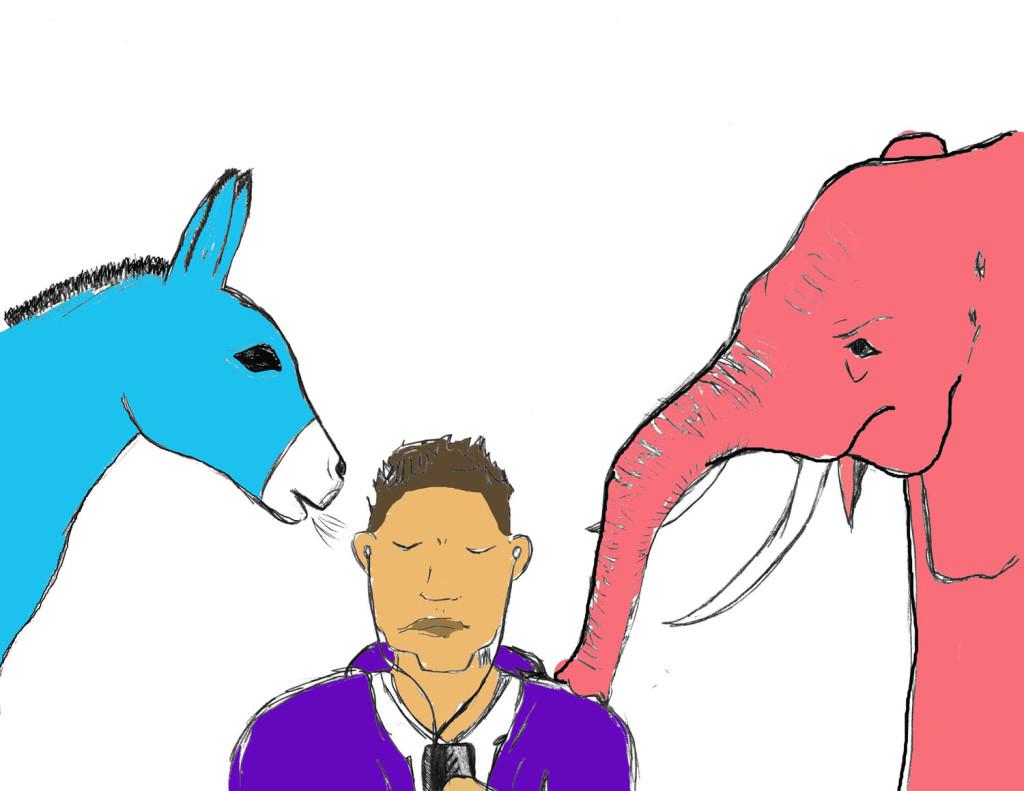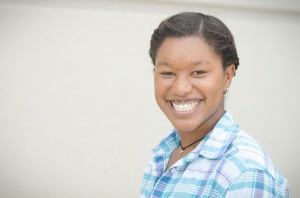Non-election years are always tough on political clubs. Membership tends to wane when there is no flashy presidential election to draw in the crowds. And it’s not hard to understand why. Election years are fun – going to rallies, shouting slogans, debating the finer points of who won the presidential debate. What’s not to love?
But what about the aftermath? Where does all that interest go when the excitement of the election year fades away and the grumbling from the defeated party starts to subside?
The “horse race” of the election years attracts the large majority of the students who participate in political clubs, but when the governing is actually happening, young people tend to check out. They start resting on their laurels if their candidate won or plan for their next election if their candidate lost.
This attitude squanders the momentum and political power of the Young Democrats and Young Republicans. The “winding down” between elections make working on elections more difficult because you lose the institutional memory and base of support for the clubs.
Even more so though, it has the dangerous effect of making the “Young” clubs more about following and less about leading. The lack of political activity in non-election years perpetuates the “horse race” attitude about politics in America, which is leading to politics being less about governing and more about the drama of the office.
“Young” political clubs like the Young Democrats, Young Republicans, and Young Libertarians must begin to focus their attention on the “between” years. They should concentrate their efforts on communicating with their representatives by organizing mailing campaigns and arranging meetings to make the voice of students heard at the highest levels of power. It is all well and good to elect people who claim to champion your views, but reminding them that they are being watched can ensure that they follow through on their promises.
Political clubs have to show the world that the next generation is more than capable of having a positive effect on the country and that they are ready and willing to take the reins of power when their turn comes.
Students have a power beyond what most would expect. They have more free time and are usually much more idealistic. They can focus on issues that older voters cannot because they do not have to focus on providing for a family or planning for retirement.
A person fresh out of high school is much more willing to make necessary reforms to social security than a 60 year old on the cusp of collecting government retirement assistance.
So far it seems that the Democrats have the advantage as far as the youth vote is concerned. The youth vote was a major factor in both of President Obama’s electoral wins, and the president has enjoyed a large amount of popular support from young people.
This dynamic isn’t necessarily permanent though. Two election failures in a row have fueled the Republican Party, and they eagerly await the chance to retake the White House.
A large group of young people has been put off from the Democratic Party during the Obama presidency, turned off by broken campaign promises or the administration’s perceived mishandling of some of the crises that have faced America since President Obama’s inauguration. These students are looking for options.
Young Republican recruiting efforts this year could yield a prodigious crop of students who otherwise would be left without a political club.
Sam Stewart, head of the TPS Young Democrats, can see the possibilities of a Republican party that is more open to young people.
“I think the Republicans could very quickly become a party that recognizes that they need to represent the interests of various groups if they hope to win elections,” Stewart said.
One of those groups could definitely be the young people of America.




